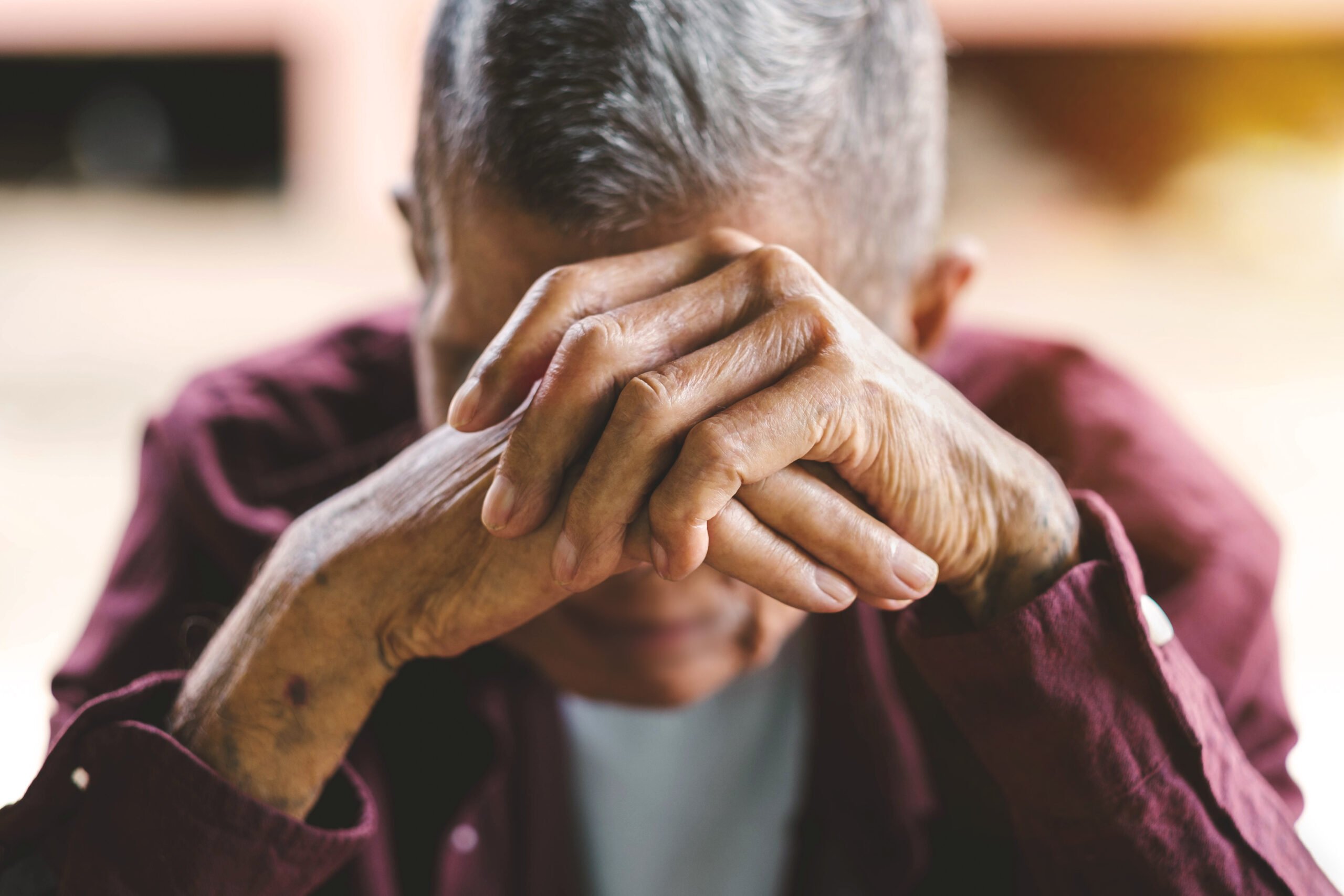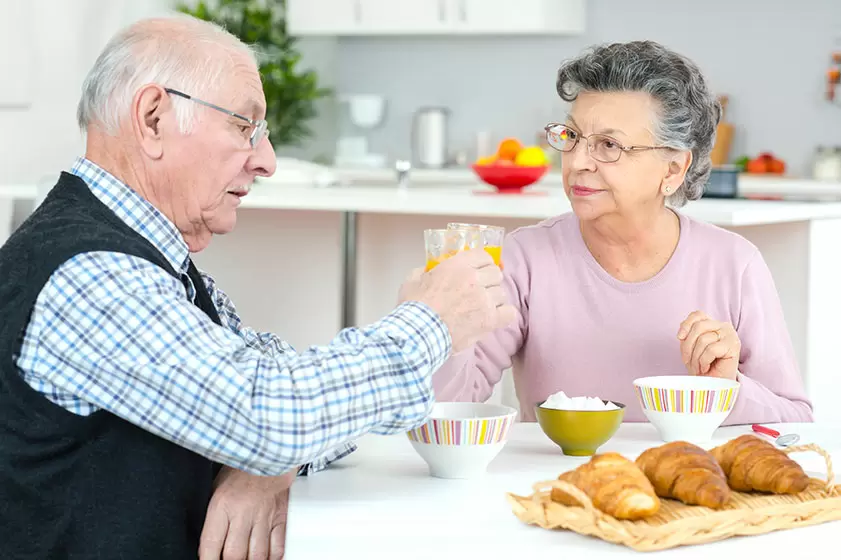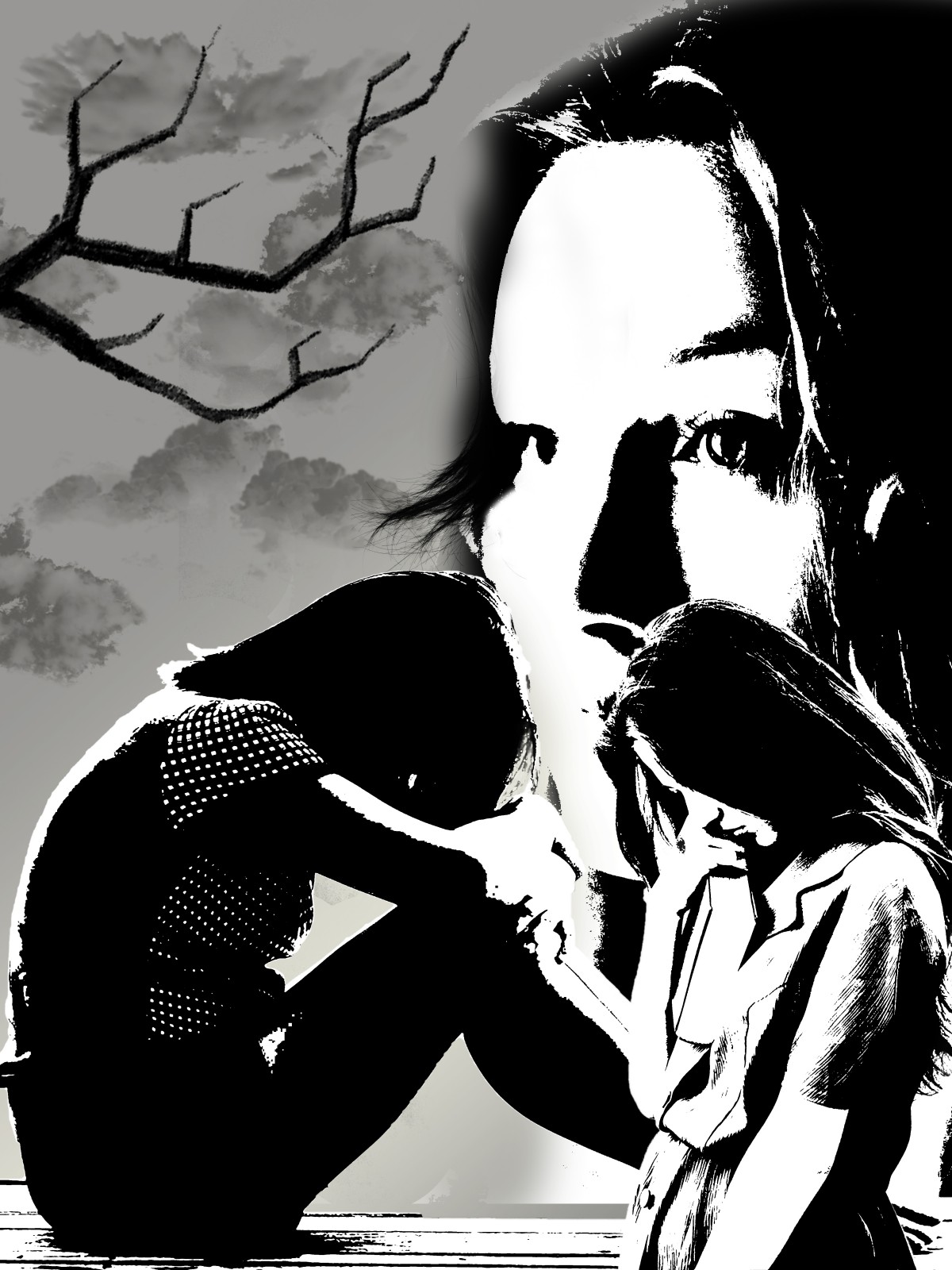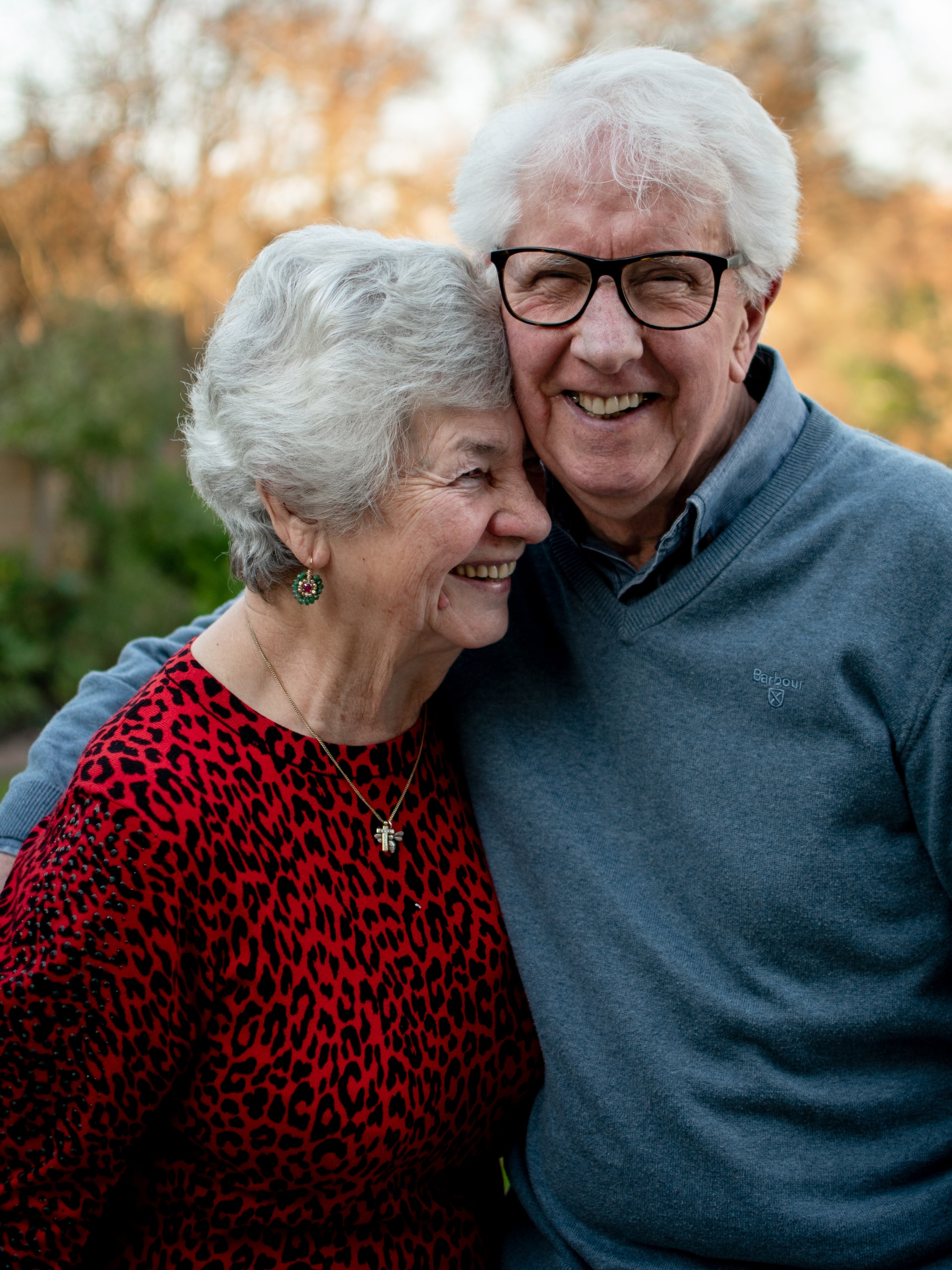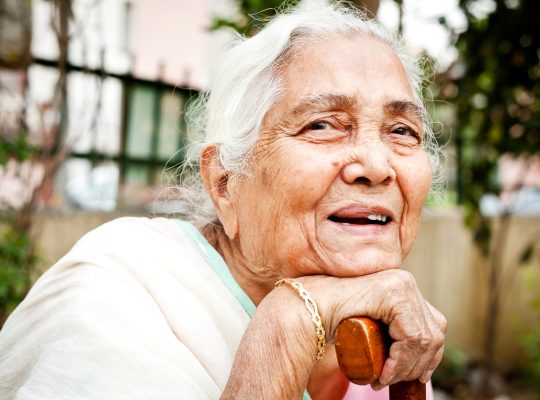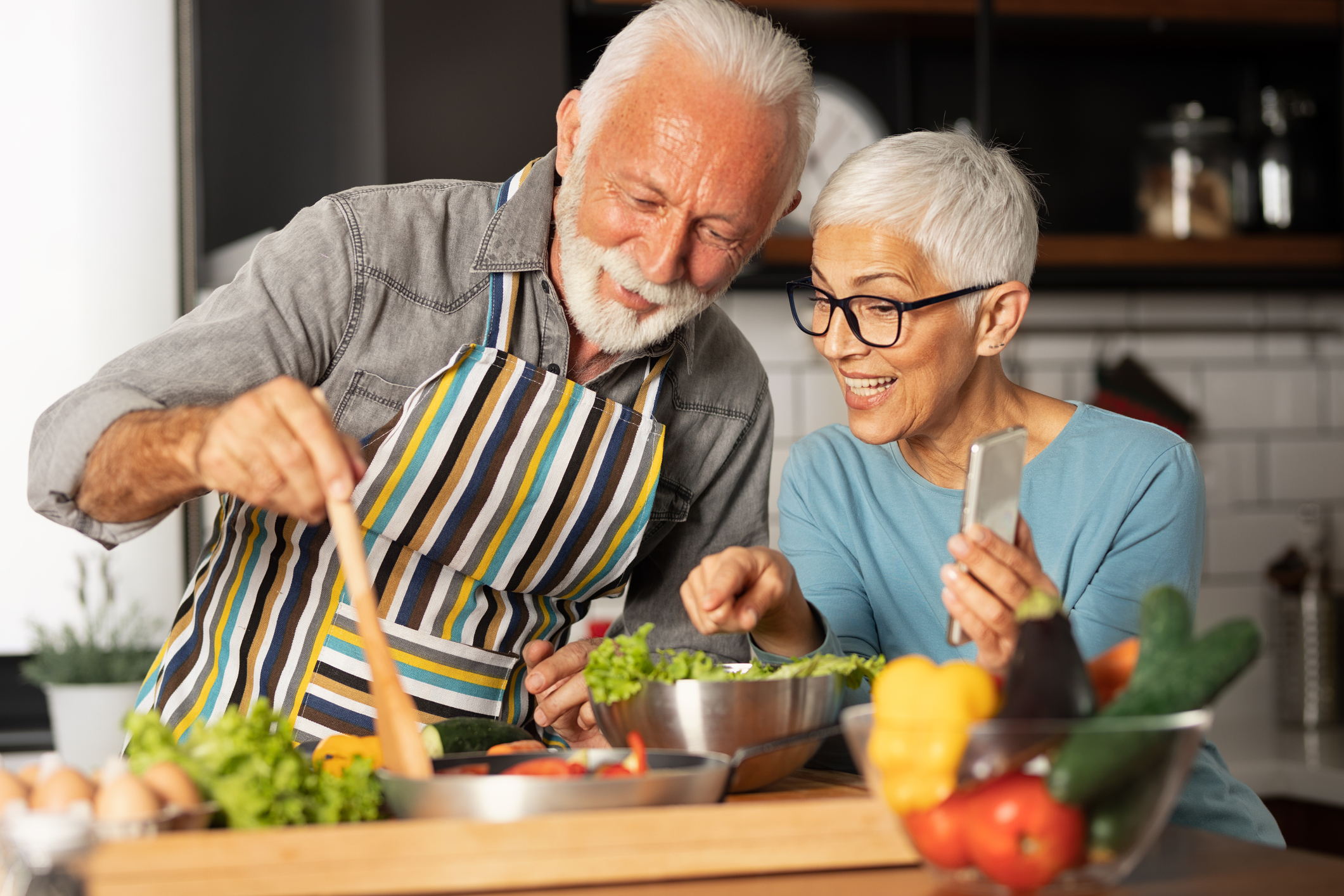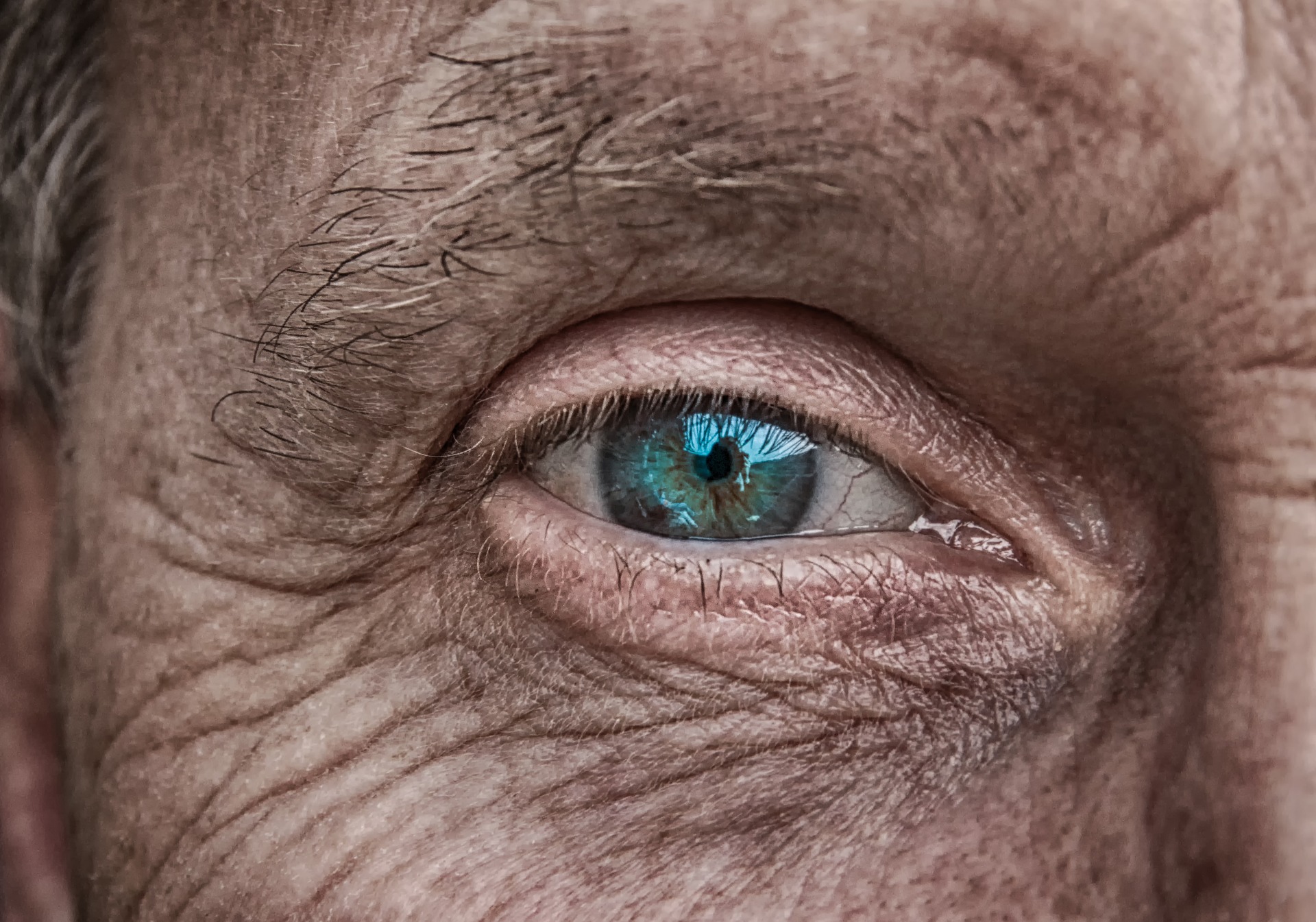Dehydration is a severe problem, especially for individuals who cannot move around, live alone, or require care, such as when sent to the hospital. Anyone who cares for an older relative knows how tough it may be to convince them to drink regularly to keep hydrated. This is our guide to preventing dehydration in the elderly, as well as recommendations for drinking enough and frequently.
The bladder’s ability to hold on weakens as we get older. Fear of having to wake up in the middle of the night to use the restroom, or worse, incontinence, is one of the issues. Although it may appear that avoiding drinking too much is the logical remedy, dehydration can cause significant health issues.

So, while it might be challenging to admit the need to modify such a personal habit with such embarrassing repercussions, drinking very little is not a strategy to preventing incontinence. The dread of falling over due to mobility concerns or declining eyesight is enough to keep someone from going to the bathroom in the middle of the night, but here are some suggestions:
- In the bathroom, keep a light on.
- Connecting a nightlight
- Moving the bed closer to the bathroom may make things simpler.
- For the one who has trouble getting around, installing something to grab in the toilet is a perfect solution.
- It could also be a good idea to cover the bed with a plastic sheet.
- Incontinence pads or night-time trousers aren’t as dismal or unpleasant as they seem; they make a tremendous difference, and some goods don’t even resemble “adult nappies.”
Difficulty Drinking?
A sore mouth or trouble swallowing might deter people from drinking, so a straw may be a good option. Alternatively, they may forget they have a cup of tea and abandon it.
Making beverages is challenging when you have physical issues like impaired eyesight or arthritic hands. For individuals with painful or weak hands, lifting a whole kettle is nearly complicated, and not seeing when dealing with boiling water is unsafe. Some kettles sit on cradles so that you don’t have to raise them to pour from them; you could also use a thermos instead of the kettle.
Side Effects Of Dehydration

Water is a more convenient alternative, and advising your relative to have a glass by them at all times, especially at night, will help them remember to drink. However, while it is the most apparent cure, drinking water is boring.
Dehydration can be particularly dangerous for the elderly for a variety of reasons. Many older folks do not feel as thirsty as they once did and believe they require hydration. Our bladder and kidney function degrade as we become older, and we need to go to the bathroom more frequently. Many drugs dehydrate you and necessitate higher fluid consumption than usual, commonly overlooked.
If your confusion is worse than usual, it might be due to a lack of liquids.
- Headaches and dizziness.
- Dry lips, dry eyes, and a lack of sweating
- Blood pressure is low.
- Heart rate is really fast.
- Urine that is dark or stinky.
- Eyes that have sunk.
Rehydrate
Because sickness and diarrhea dehydrate the body, it’s critical to rehydrate as soon as possible. If you are concerned that someone you care about is dehydrated, you can get rehydration treatments from a chemist or manufacture your own.
Recipe;
12 teaspoons of salt, 8 level teaspoons of cane sugar (which has been demonstrated to be a safe sugar/electrolyte solution) in one litre of water
As previously stated, it is not easy, but here are some helpful hints:
Drink water, coffee, tea, and herbal teas daily.
Bring a glass of water to bed with you.
Consume plenty of water-based fruits, soups, and vegetables.
If you’re sick, after vomiting or diarrhea, or if you’re sweating a lot, drink more.
We are a tea-drinking nation with an increasing number of coffee consumers. Because of the caffeine, neither of these beverages are suitable for consumption in the evening. In addition to interfering with sleep, caffeine can trigger palpitations and is not recommended for people with certain health issues. Given how addicted many older people are to cups of tea, it may be difficult to persuade them to cut back and substitute it with something else. Let us know in the comments if you have ever witnessed dehydration…

